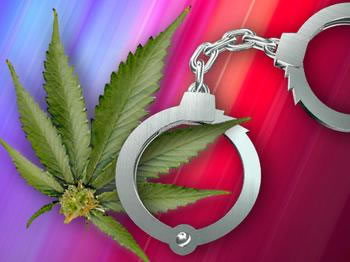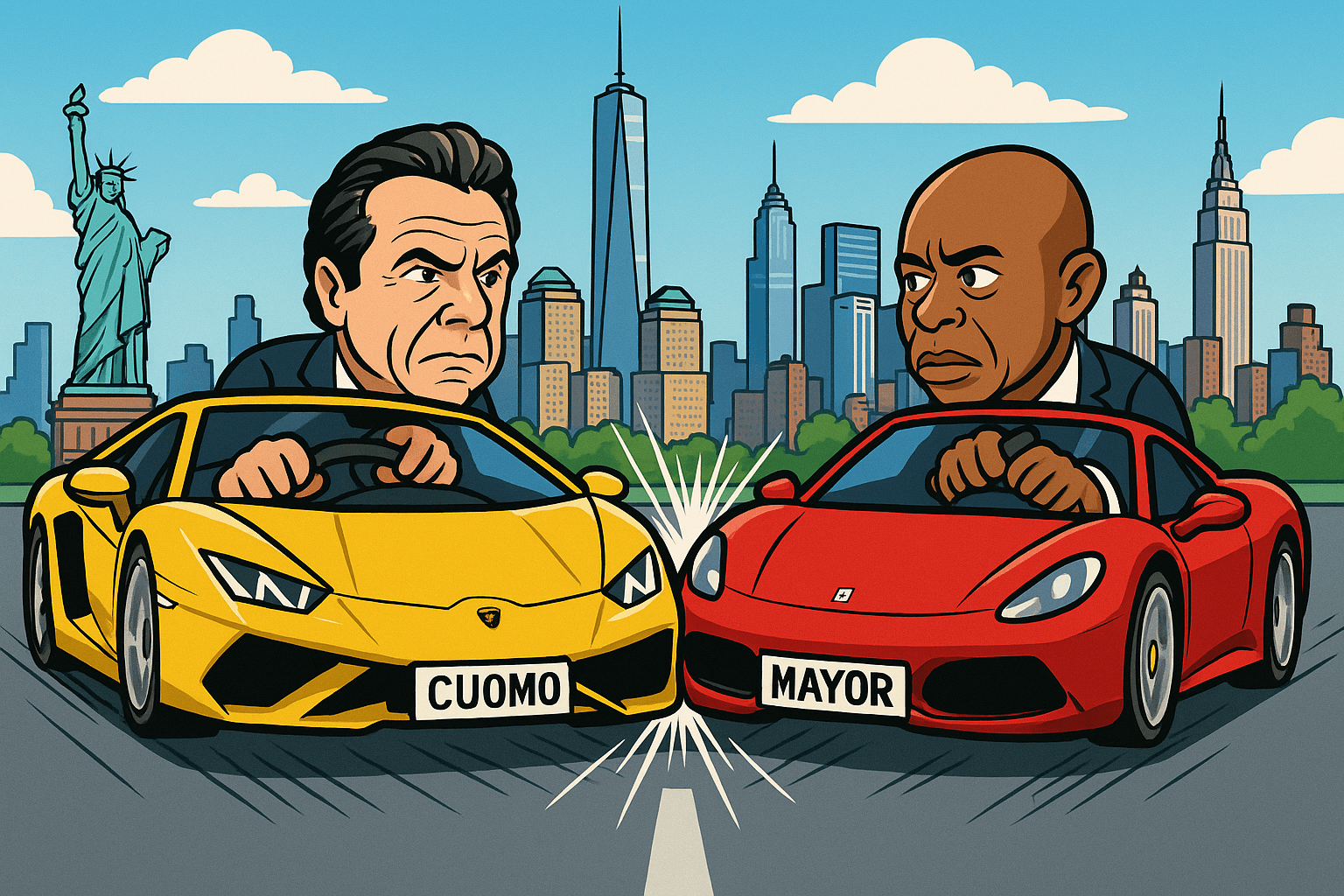Controversy heats up over marijuana legalization initiative

Alice A. Huffman, president of the California branch of the NAACP, is adamant that Proposition 19 – the act to decriminalize, regulate and tax cannabis – isn't just a good business decision for the state, its a civil rights issue California and its bloated prison system can't ignore much longer.
A report was released earlier this month by the Drug Policy Alliance which supports Huffman's view. It confirms that marijuana's law enforcement in California disproportionately targets youth, especially African Americans.
"Despite consistent evidence that Black youth use marijuana at lower rates than Whites in every one of the 25 largest counties in California, Blacks are arrested for marijuana possession at higher rates than Whites, typically at double, triple, or even quadruple the rate of Whites,” Huffman writes.
The NAACP leadership sees more than a few inconsistencies in how drug laws are enforced throughout the country. In a July 6th Huffington Post contribution, Huffman says she feels compelled to speak out against the so called “War on Drugs” which has discriminated against young blacks and Latinos, and has made a lucrative industry out of drug-possession arrests.
“To be clear, this is not a war on the drug lords and violent cartels, this is a war that disproportionately affects young men and women and the latest tool for imposing Jim Crow justice on poor African-Americans,” she writes. Huffman contends that if youth are arrested on possession charges, they are more likely to be repeat offenders as adults. The logic is sound. Once arrested, the “drug offender” now carries a criminal record (easily accessed by future employers, landlords, credit agencies, licensing boards, schools and banks) and a permanent stigma as a “criminal”. Drug offenders who are professionally and socially handicapped at an early age have a hard time breaking free of criminal influences.
Harry G. Levine, a professor of sociology at Queens College and author of the study has discovered similar trends in marijuana arrests in New York City. “A criminal record lasts a lifetime,” writes Levine. “The explosive growth of criminal record databases, and the ease with which those databases can be accessed on the Internet, creates barriers to employment, housing and education for anyone simply arrested for drug possession.” Minority communities seem to bear the brunt of these socio-economic scars for "crimes" that have no apparent victims.
Not surprisingly, The New York Times recently gave national press to Huffman's opposition, a small group of African American clergy who fear more widespread use of marijuana if Prop 19 were to pass. Like other opponents of cannabis legalization, this group was quick to cite a new study composed by the RAND corporation which sees falling prices for marijuana and thus an increased demand for the substance.
This particular white paper seems to disassociate itself from documented sociological trends such as alcohol usage increasing during prohibition and drug use and violent crime rates falling in Portugal and elsewhere where narcotics have been decriminalized.
“I’m not encouraging anyone to recreationally use marijuana,” said Ms. Huffman. “I am simply focused on the injustice and the disparities in the criminal justice system.”
Dr. Joycelyn Elders, the former United States Surgeon General (the first African American to hold that position) echoes Huffman's sentiments in a statement to be published in a voter guide:
"We can let police prevent violence crime, or we can accept the status quo, and keep wasting resources sending tens of thousands of nonviolent marijuana consumers- a disproportionate number who are minorities-to jail."




